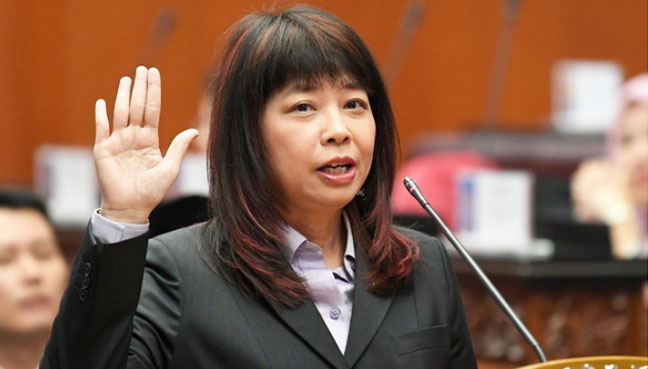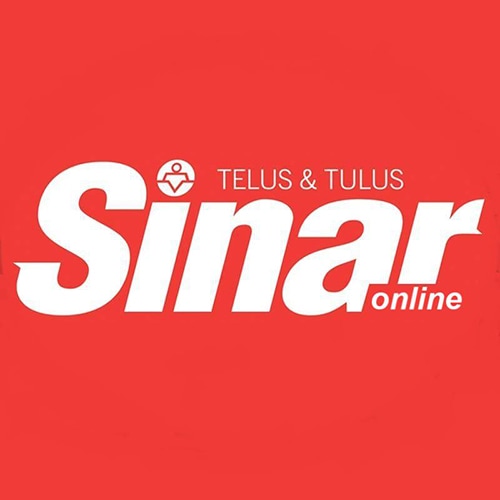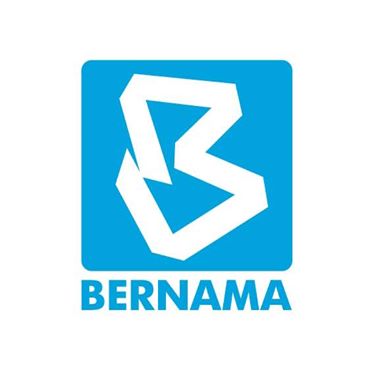Study on subsidy proposal for basic medical, health insurance products needed, says deputy minister
1 day ago
THE proposal to implement subsidies for the development of basic medical and health insurance and takaful (MHIT) products requires a thorough study, including an evaluation of its long-term impact on overall healthcare costs, according to Deputy Finance Minister Lim Hui Ying.
Lim said, such a proposal must consider various factors such as the government's financial capacity, the benefits of protection, healthcare costs, and the long-term sustainability of the policy.
"The development of basic MHIT products is crucial to ensuring continued access to private healthcare services. To ensure sustainability, these products will need to be supported by stronger regulatory measures to curb the rising costs of medical care," she said in response to a motion in the Dewan Rakyat today.
Lim said this in reply to a query raised by Chiew Choon Man (PH-Miri), who called for the introduction of an affordable medical insurance scheme to reduce the public's reliance on the Employees Provident Fund (EPF).
Chiew expressed that as of December 31, 2024, a total of 153,618 EPF members had used their Sejahtera Account (formerly Account 2) savings to purchase life and critical illness insurance under the i-Lindung programme, with RM51 million withdrawn since the programme's inception in July 2022.
Lim explained that the basic MHIT products would be standardised to provide clarity for users. This standardisation would allow individuals to easily understand the product features, coverage benefits, and limits, making it easier to compare with other insurance products and enabling more informed financial decisions.
For the basic MHIT products to remain sustainable, Lim highlighted the importance of widespread participation.
A larger and more diverse group of policyholders will improve the "risk pooling" effect, which in turn enhances affordability and sustainability.
"With a balanced participation across different age groups, the premiums for these basic products will be more stable in the long term," she added.
She also pointed out the significance of leveraging the i-Lindung programme to build a solid base of early policyholders among EPF members.
Moreover, Lim proposed that the access to basic MHIT products be extended to employees in government-linked companies (GLCs) and small and medium-sized enterprises (SMEs), further expanding the coverage to a larger workforce.
She concluded by noting that all stakeholders, including the EPF, Bank Negara Malaysia, the Ministry of Health, the Ministry of Finance, private hospitals, insurers, and takaful operators, would continue to collaborate in search of effective long-term solutions. These may include implementing a diagnosis-related group (DRG) payment model and increasing transparency in medical cost pricing. - February 20, 2025
...Read the fullstory
It's better on the More. News app
✅ It’s fast
✅ It’s easy to use
✅ It’s free
.png)








